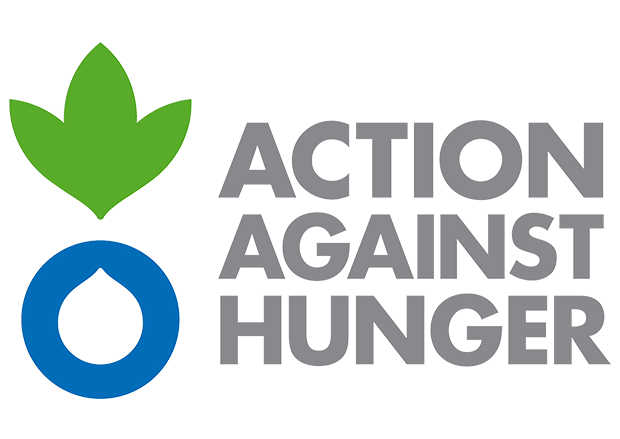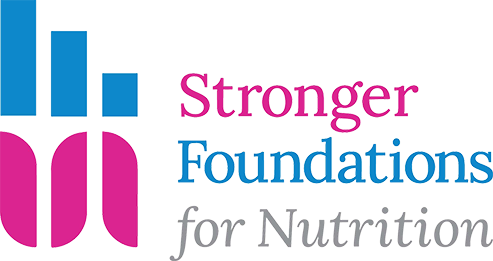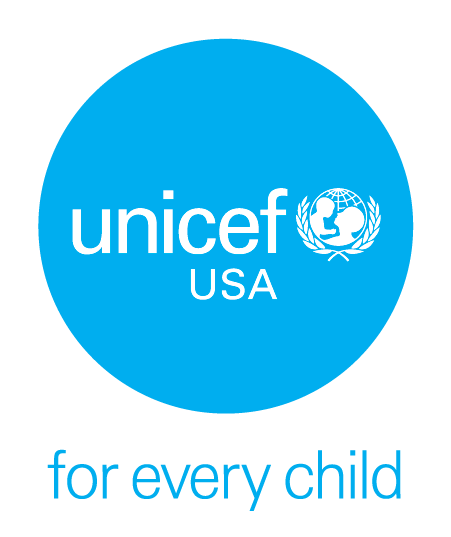The Nutrition CEO Council is led by volunteers who care about ending the crisis of malnutrition in all its forms. Council leadership acts as a secretariat and guiding body, developing agendas and action plans that Council Members review and make decisions around.
Advocacy and Policy Priorities 2024
The Council’s focus is global nutrition. The Council’s objectives are:
- To inspire increased support for nutrition from U.S. political leadership through high-level engagement.
- To advance civil society advocacy, commitment, and support for nutrition as a foundational part of all development success.
The Council’s overarching priorities include:
- Bold and measurable U.S. commitments made for the next Nutrition for Growth Summit (N4G) and strategic coordination with other markets, such as Canada, United Kingdom, and France, on Nutrition for Growth advocacy.
- The U.S. government allocates $300 million annually to support nutrition-specific programs via the USAID Nutrition account in Global Health Programs.
- The CEO Council continues to build strong relationships with USAID and State Department leadership, including the new USAID Chief Nutritionist, Nutrition Leadership Council, and Special Envoy for Global Food Security.
We will advocate for the U.S. to:
- Commit $300 million annually to support nutrition-specific programs deployed through the Global Health Programs Nutrition account.
- Commit $1.15 billion annually to the Global Health Programs Maternal and Child Health account that supports and strengthens the health systems that deliver nutrition programs.
- Commit at least $1.2 billion annually to Feed the Future, which invests in countries around the world to help ensure families have access to safe, affordable, and nourishing diets.
- Commit to increased transparency around nutrition funding.
- Advance women’s and adolescent girls’ nutrition by accelerating progress against anemia and other micronutrient deficiencies.
- Strengthen food and health systems with a focus on building nutrition resilience in fragile contexts.
- Prevent and treat more cases of child wasting.
- Increase protection, promotion, and support for optimal breastfeeding practices.
















